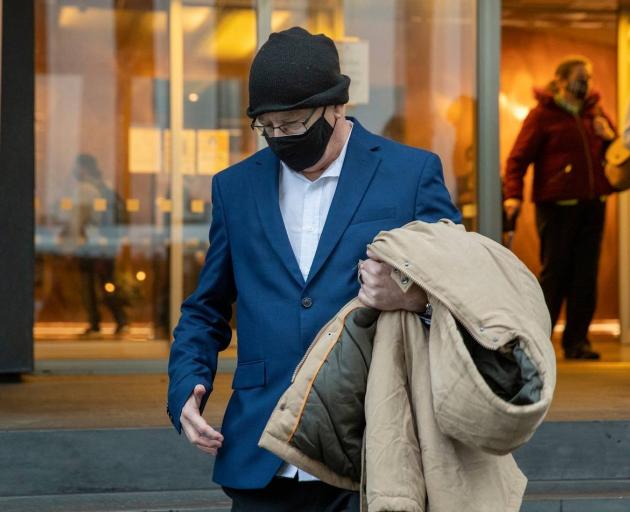
However, there is no such issue with the case of Alan Hall, whose conviction for murdering Arthur Easton in a home invasion in 1985, was quashed by the Supreme Court last week.
It is a bittersweet victory for Mr Hall, now 60, who spent almost 19 years in prison. His staunchest advocate, his mother Shirley, did not live to see his name cleared.
The court found witnesses’ descriptions of the killer were not disclosed and the police unfairly obtained statements from Mr Hall. Although Mr Hall was not diagnosed with autism until 2019, his supporters say it was always clear he was a vulnerable person and he should not have been subjected to questioning for 15 hours at a time.
Chief Justice Helen Winkelmann said there was either extreme incompetence or a deliberate and wrongful strategy to achieve the conviction.
Crown Law, which oversees criminal prosecutions, filed submissions saying it was unassailable and incontrovertible key evidence was materially altered and relevant evidence was concealed. It accepted the conviction should be quashed and will not seek a retrial.
While the quashing is welcome, there are still many questions to be answered, not only about how this miscarriage of justice occurred but also about who was responsible for the violent end to Mr Easton’s life and the assault of his two then teenage sons.
A major concern must be why it took so long for the Crown to come to its conclusion. The first appeal against his conviction was lost in 1987 and three applications for the royal prerogative of mercy were later rejected.
Since the quashing of the conviction, the police have launched an internal review of their handling of the case and are under pressure to reopen the case.
The issue of compensation is yet to be addressed, but the amount is expected to be substantial.

The Solicitor General Una Jagose has announced an investigation into the Crowns role in the miscarriage of justice and why the criminal justice system failed to remedy it earlier. This will be led by Wellington criminal barrister Nicolette Levy QC. Terms of reference for this have yet to be released, but we would hope this will be a comprehensive investigation which will lead to an understanding of how it happened and how to avoid any repetition. Are better mechanisms within the system needed for those who might question the validity of an approach taken if their concerns are dismissed? Also, the investigation should determine whether there are people who may need to be called to account for their part in what happened.
The Hall family were determined justice would be done. Shirley Hall, who died in 2012, sold the family home to fund legal fees and fought tirelessly for her son, including pushing for media coverage.
It is disquieting to consider that anyone in a similar situation without such dedicated support, and perhaps even media interest, might never have had their case properly reconsidered.
No system is infallible, but when failures are indicated, and those associated with this case are clear that egregious flaws were evident decades ago, there must be a timelier way of dealing with them.
There will be high hopes there will be real progress through the fledgling New Zealand Criminal Cases Review Commission which began accepting applications in mid-2020.
This independent crown entity has wide investigation powers and can refer appropriate cases back to an appeal court.
As its website says, when someone is convicted for a crime they did not commit, or when someone believes the system has failed them, it causes unimaginable distress to that person and their whānau and sparks criticism of the justice system. It also means victims of crime have not had justice served.
Sadly, Mr Hall’s case illustrates that all too well.












